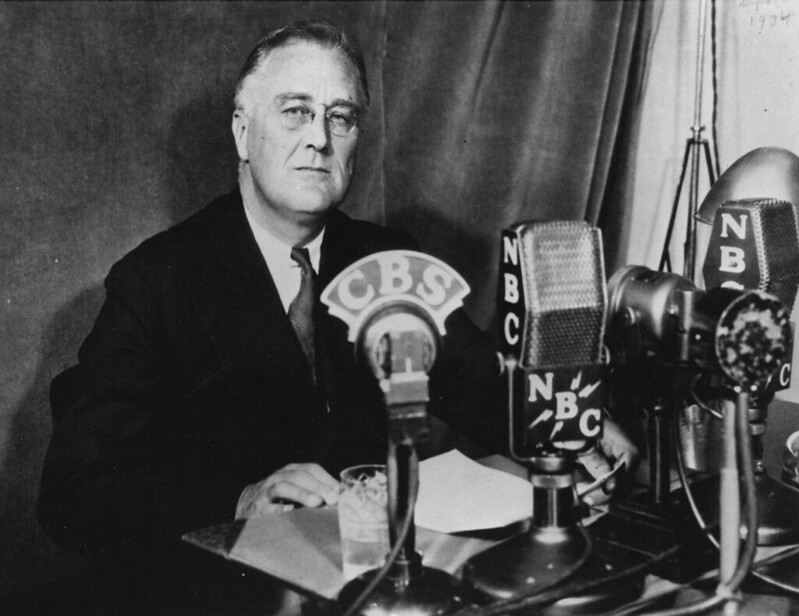The last time a global crisis caused a major recession, there was much talk of re-balancing the UK economy. The idea was, by putting an emphasis on manufacturing, it would become less reliant on finance and property – and, as a result, more resilient. But nothing was done, so the Covid-19 pandemic found us with a weakened version of the same lopsided economy we had in 2008.
This time round, we’ve been offered a recovery plan which Boris Johnson is keen to compare with Franklin Roosevelt’s “New Deal”. That plan lifted America out of the Great Depression, expanded the economy and created employment. According to the Guardian’s estimate, though, Johnson’s plan to invest £5bn amounts to just 0.2% of UK GDP, whilst FDR’s contribution was a rather more convincing sounding 40% of US National Income in 1929.[1]
Johnson and Roosevelt were, however, as one when it came to the role of alcohol in an economy under pressure; Boris concluded that off licences were an “essential service” whilst FDR ended prohibition … Not too much to shout about then.
But the problem with Boris’ proposal is about more than scale. By focusing almost exclusively on the usual sectors – property, construction and finance – it’s also likely to make an already unbalanced economy even more lopsided. Where’s the plan for boosting manufacturing industry and creating more, better paid jobs? And how come we remain one of the few developed countries without a business bank?
The answer to those questions owes rather more to Margaret Thatcher, than it does to Roosevelt. Indeed, had Thatcher not shut down most of industry in the north of England – crucially, without any sort of plan to develop new sectors to replace it – we might not need to “level up”. It was there that the process of undermining the balance of the UK economy began.
During the 1980s, Thatcher’s programme of privatisation and deregulation (including financial services) accelerated the process. One of the less obvious ways by which this was done, was by simultaneously putting large numbers of council houses onto the market – and making large amounts of credit available to pay for them. The result was to not only rapidly expand the financial services sector, but also to make home ownership increasingly unaffordable. By going down this route again, Johnson is offering the same “old” deal, not a “new” one – and running a significant risk of simply amplifying the existing problems.
However, with the UK’s exit from the EU looking unlikely to be delayed, and the pandemic doing little to move trade negotiations along elsewhere, Johnson’s government is going to have to find some immediate growth and a bit of the “feel good” factor from somewhere. So all the emphasis on short term, easy to do projects does make a degree of political and economic sense. But not if the longer term is ignored entirely – and especially if Johnson is also hoping to emulate Roosevelt’s four terms in office.
By opting for a stimulus package at all, the current government has, like its 2008 predecessor, opted to become an economic actor. So why not do it properly this time? The need to support the NHS during the Covid-19 pandemic revealed not only that its privatised supply chain was, to quote a senior army officer, “knackered”[2] but also that universities, medical companies and manufacturers could work together to supply much needed medical supplies – at the government’s behest.[3]
Ignoring that success, and simply carrying on with the failed, privatised supply chain on the basis of 1980s-era dogma, would suggest a comparison less with America’s longest serving president and more like a tribute act of an entirely different nature. As Rod Stewart once put it “Oh Maggie, I couldn’t have tried any more …”
[1] https://www.theguardian.com/business/2020/jun/30/how-does-boris-johnsons-new-deal-compare-with-franklin-d-roosevelts
[2] https://londonlovesbusiness.com/military-slams-nhs-over-appalling-handling-of-ppe/
[3] https://theconversation.com/coronavirus-inside-story-of-how-mercedes-f1-and-academics-fast-tracked-life-saving-breathing-aid-136028
Photo credit: Flikr/NPGpics

